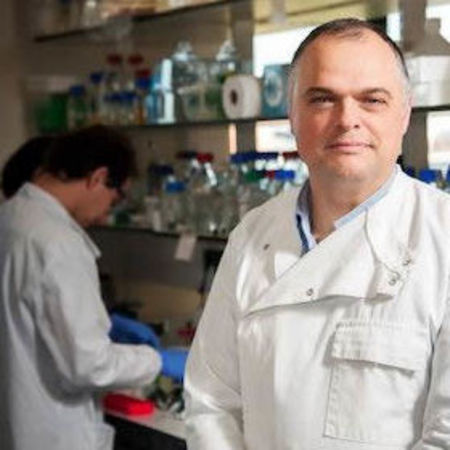A cutting-edge medical therapy has been developed by researchers at Queen’s University, Belfast that could protect patients against a lethal superbug.
The treatment uses a molecule called an inhibitor and prevents the superbug Klebsiella pneumonia from blocking the body’s natural defences. Klebsiella has a mortality rate of 25 to 60 percent and can cause bladder infections and pneumonia. It is also resistant to all major antibiotics. This new treatment could potentially save thousands of lives.
The research team from the School of Medicine, Dentistry and Biomedical Sciences at Queen’s discovered that Klebsiella can survive inside white blood cells called ‘macrophages’, which are meant to protect the human body from infection. It takes over a protein in the blood cell called ‘Akt’ and paralyses the cell thus disabling the antibiotics from killing it. The inhibitor stops the Akt protein from working so that the blood cell has the capability to kill Klebsiella and eliminate the infection.
Antimicrobial resistance is one of the biggest issues facing healthcare today. Klebsiella pneumonia has been identified as an urgent threat to human health by both the UK government and the WHO. This ground-breaking therapy could block the bug and stop it in its tracks.
Professor Jose Bengoechea, from the School of Medicine, Dentistry and Biomedical Sciences at Queen’s, said, “our research has helped us gain a better understanding of the vulnerable pathways of human defences, meaning we have been able to develop a potentially ground-breaking new therapy that will block the bug and stop it in its tracks. This is the latest example of the commitment of researchers and staff at Queen’s to advancing knowledge and achieving excellence for the benefit of society.”
The researches plan to conduct pre-clinical trials over the next months to further confirm their findings and move toward human clinical trials.
Source: Queen's University, Belfast
Image Credit: Queen’s School of Medicine, Dentistry and Biomedical Sciences
























